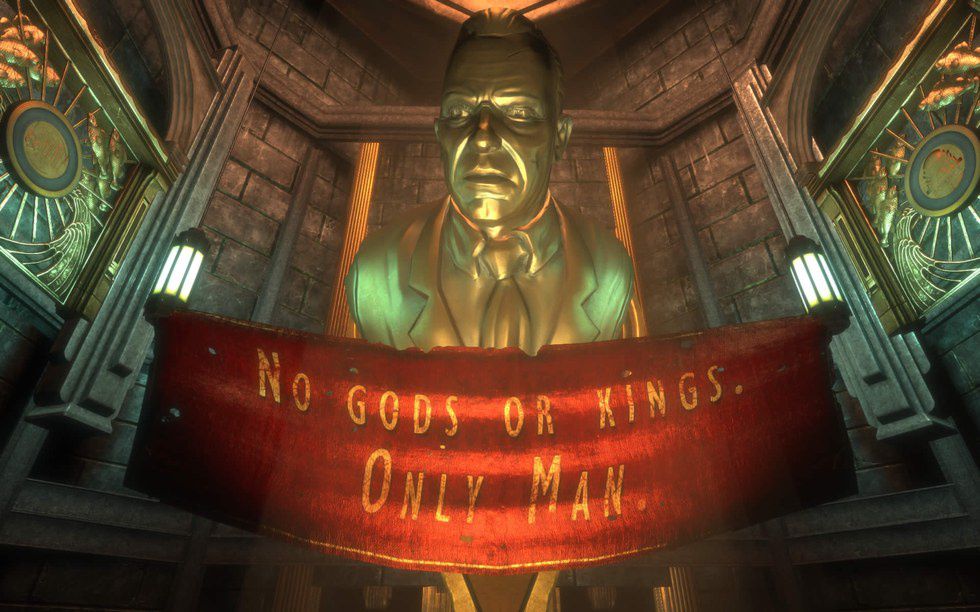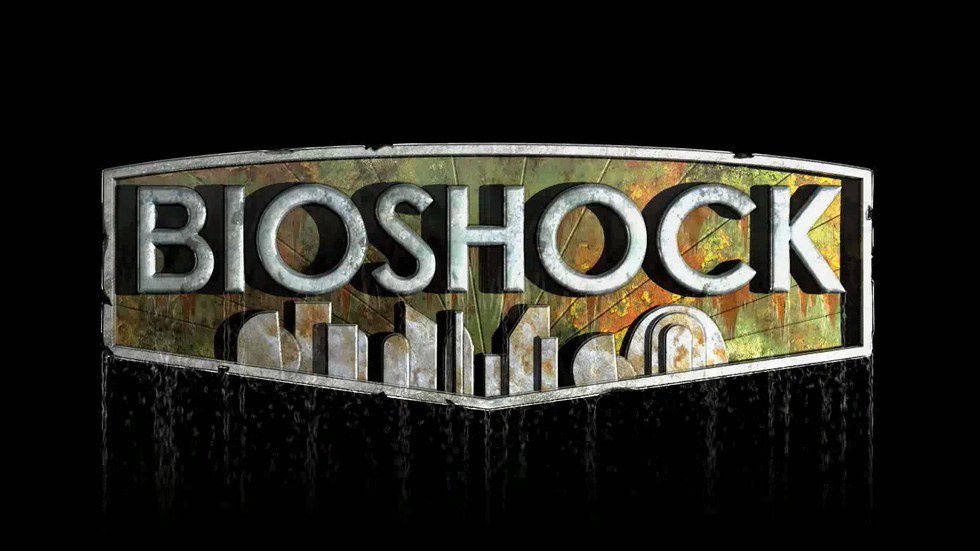It’s been a while, a long while actually, since I last stepped foot into “Bioshock’s” hauntingly beautiful art-deco dystopia. I couldn’t remember the last time I had gone toe-to-toe with the hulking Big Daddies and mentally anguished Splicers that roamed Rapture’s underwater halls, yet it felt as if I’d never put down the controller. It felt as if I had suddenly jumped back to 2007, only around 14 years old at the time, gripping the Xbox 360’s controller, not wanting to turn off the game even after hours of exploration and tense firefights. I found myself almost immediately picking up old habits from when I played as a teenager, obsessively hacking every turret, security camera, and vending machine I could find, approaching combat with uneasy caution, and allowing myself moments to simply take in the city’s gorgeous (though dilapidated) architecture. Even with all the familiarity, however, “Bioshock” feels just as creative and atmospheric as the first time I played.
There is a real sense of dread in the original “Bioshock” game, a tension that pulls you in and makes even easy encounters with enemies feel fraught with danger. This is a game world that does not want you to grow comfortable, a game where you are alone throughout, accompanied only by disembodied voices over the radio or forever entombed in audio diaries. The rest of your adventure is spent mostly in solitude, roaming dimly lit hallways and the melancholic remnants of a failed utopian city. Outside the crumbling walls of Rapture is the Atlantic, ocean water oppressively seeping through cracked walls and burst pipes, keeping you constantly aware that you are trapped in a claustrophobic ruin, crawling with twisted characters and science-fiction terrors.
Even now, years after originally completing the game, “Bioshock” still manages to enthral me. Garry Schyman’s orchestral score flourishes and sways at all the right moments, rumbling bass tones evoke nautical imagery as high strings seem to swarm in with creeping warnings of impending doom. When the orchestra is not providing the tonal punches it is the sound design of the world itself that creates these strange, dark moments. Jukeboxes flicker erratically as pleasant classics such as Bobby Darin’s “Beyond the Sea” flutter on, their casual, sunny dispositions sprinkled throughout the dank halls of Rapture, juxtaposed perfectly against the more sinister tone of the game and its world. More than just a clever opposite of the overarching tone, these songs, alongside old advertisements and other elements of the city serve as a reminder to the player of what once was, before the societal collapse.
While the smaller moments that build the game are rife with sombre reflection and muscle-tensing terror, the story and themes of “Bioshock” stand as some of the most intelligent, thoughtful, and literary in gaming. The entire city of Rapture, and its founder, Andrew Ryan, are both critiques of Ayn Rand’s works, “Atlas Shrugged” in particular. The game world is founded upon Libertarian and Objectivist ideals, leaving the player to stumble through the wreckage of a great social experiment gone awry. By the finale you are left with the ghosts of this city, and the ideologues that served as its stewards, haunting you. Moral choices throughout the game change the ending in different ways, but when it is all said and done you are still alone with the questions that Rapture’s denizens have left for you.
“Bioshock’s” questions on morality, humanity, society, and the illusions of choice are thoughtful and tragic, executed brilliantly by writer/director Ken Levine and his staff, and have stuck with me to this day. With the recent release of the remastered editions and the fairly cheap prices that old copies can be bought for there is no reason not to give Irrational Games’ masterwork a chance. If you have never delved into the waterlogged art-deco ruins of Rapture it is a journey well worth undertaking. If you, like me, have wandered its grief-stricken halls before and want to return to the city under the sea there is no better time than now.












































